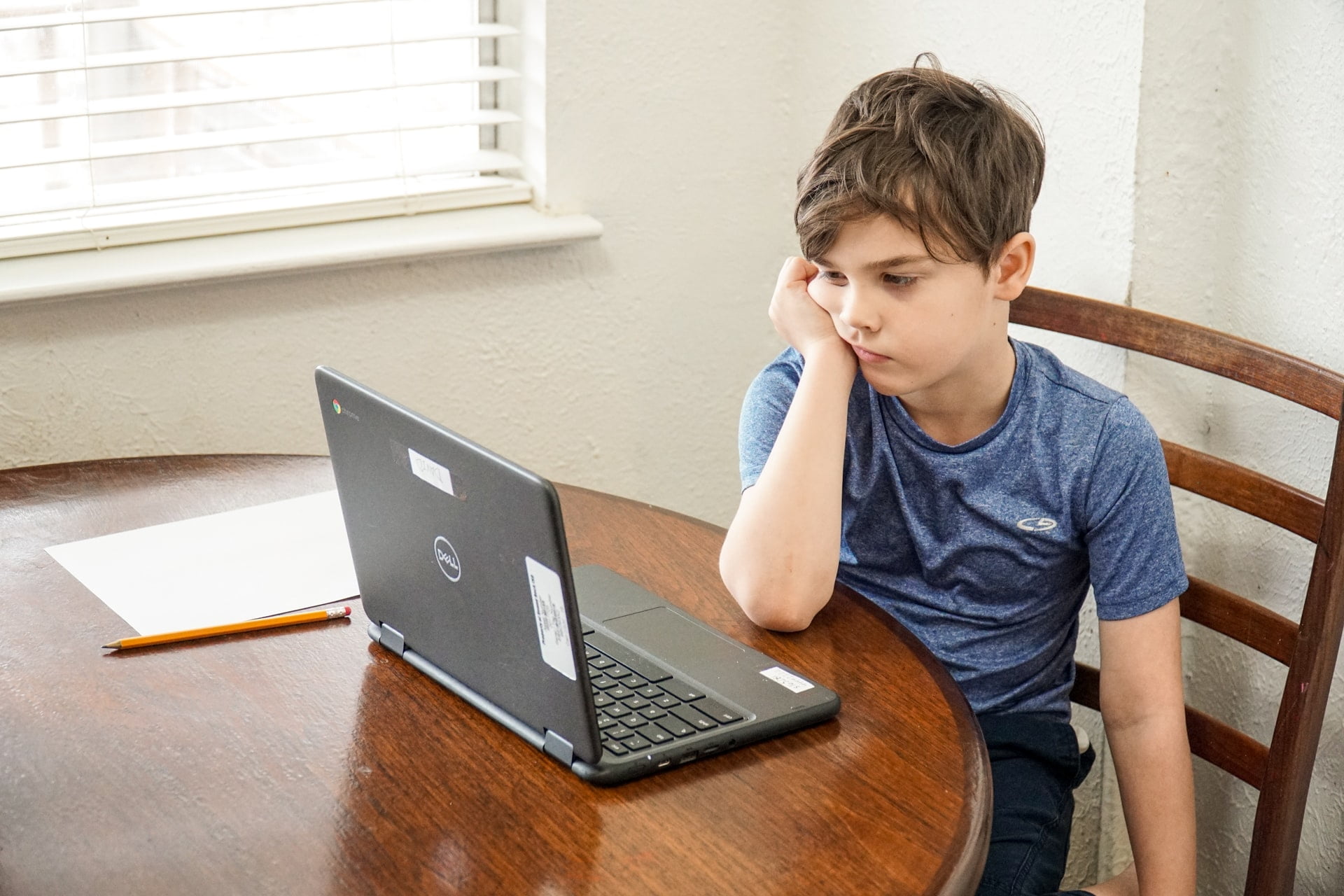How to Prevent Anxiety from Ruining a Good Time
Why is it that whenever anything goes our way, we always seem to find a way to diminish our achievements or our good fortune? Our anxiety minimizes the success or puts a damper on our triumphs to make them seem less impressive. Seeking guidance from professionals, such as Newbury Park Christian Counseling, can help manage anxiety and learn how to fully appreciate your accomplishments. In this article, we'll take a look at how to prevent anxiety from ruining a pleasant experience and explore ways to embrace and celebrate your successes. Compliments and good feedback might be difficult for some women to take in and believe when they receive them. They put a lot of effort into becoming parents, partners, friends, and coworkers, but they aren’t comfortable claiming their strengths because nervous portions of themselves make them feel “less than” or that they aren’t good enough. What exactly is going on here? In therapy, clients sometimes express themselves as follows: “I feel like an imposter.” You put in the effort, and you’re pleased with where your efforts are leading you to direct your energies. After that, there is a whisper that says, “If they only knew the truth, they’d see that I don’t know what I’m doing.” It causes you to question the veracity of all of your previous achievements. “I don’t want to put a damper on my own good luck.” You can argue with yourself that if you acknowledge the positive, you are inviting failure or unlucky circumstances into your life. You should try to have as few achievements as possible, either to better prepare yourself for the worst possible outcome or to prevent undesirable events from taking place. Your preoccupation with the possibility that undesirable events will occur in the future prevents you from appreciating what is [...]












